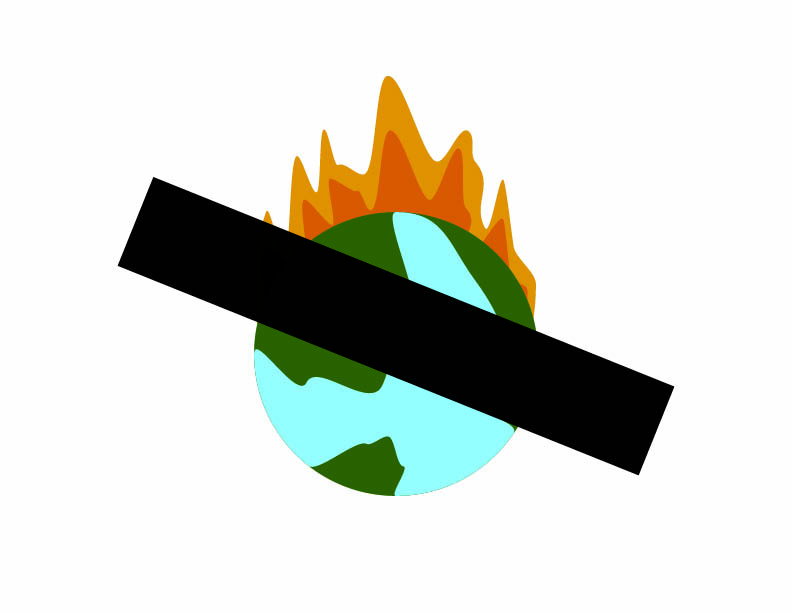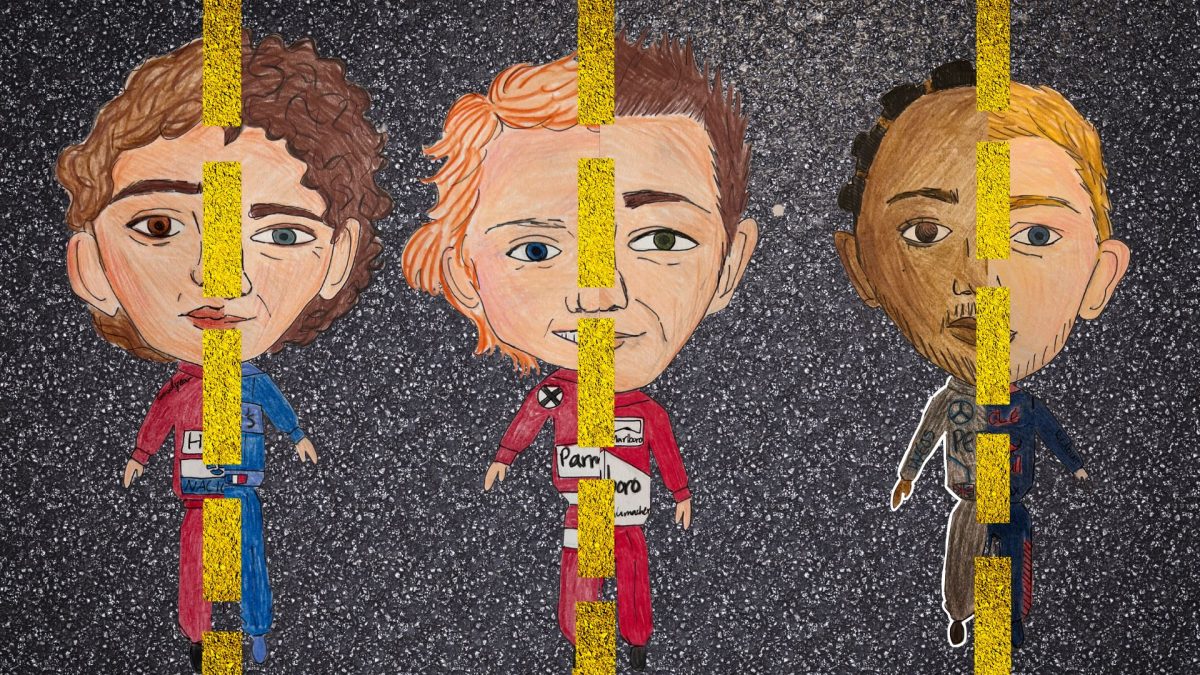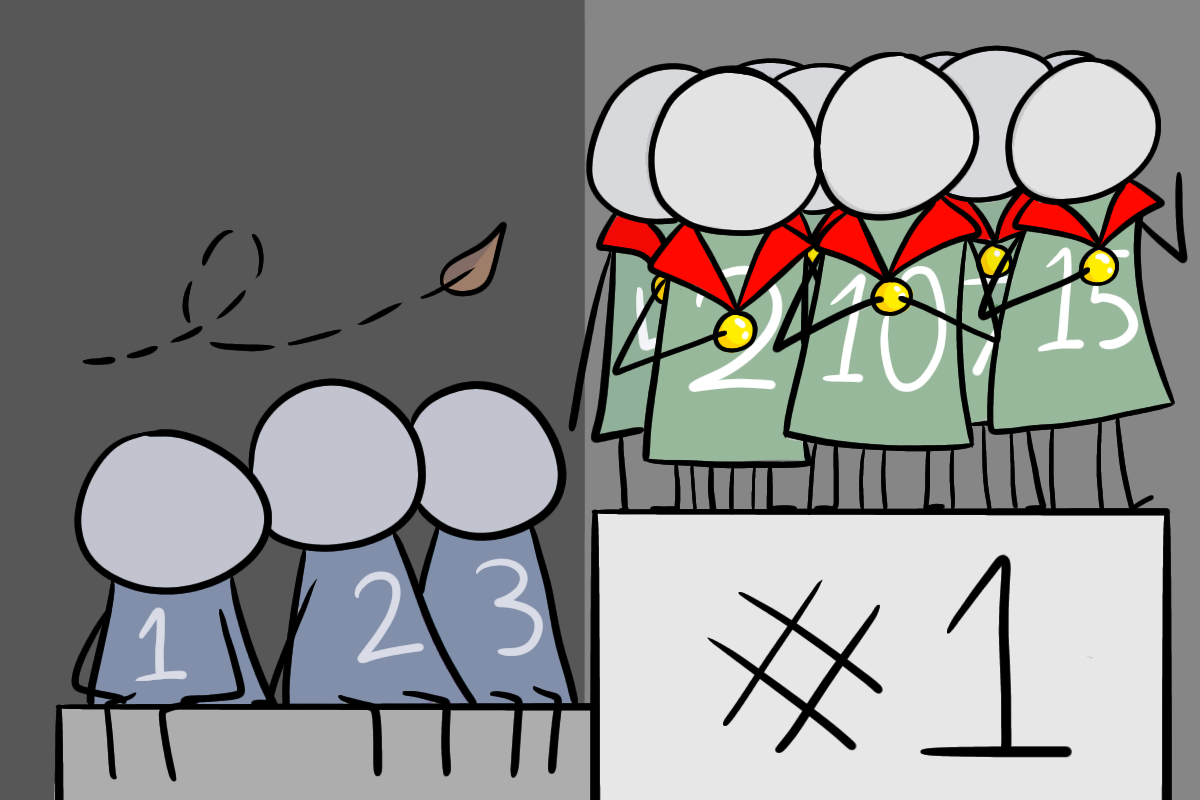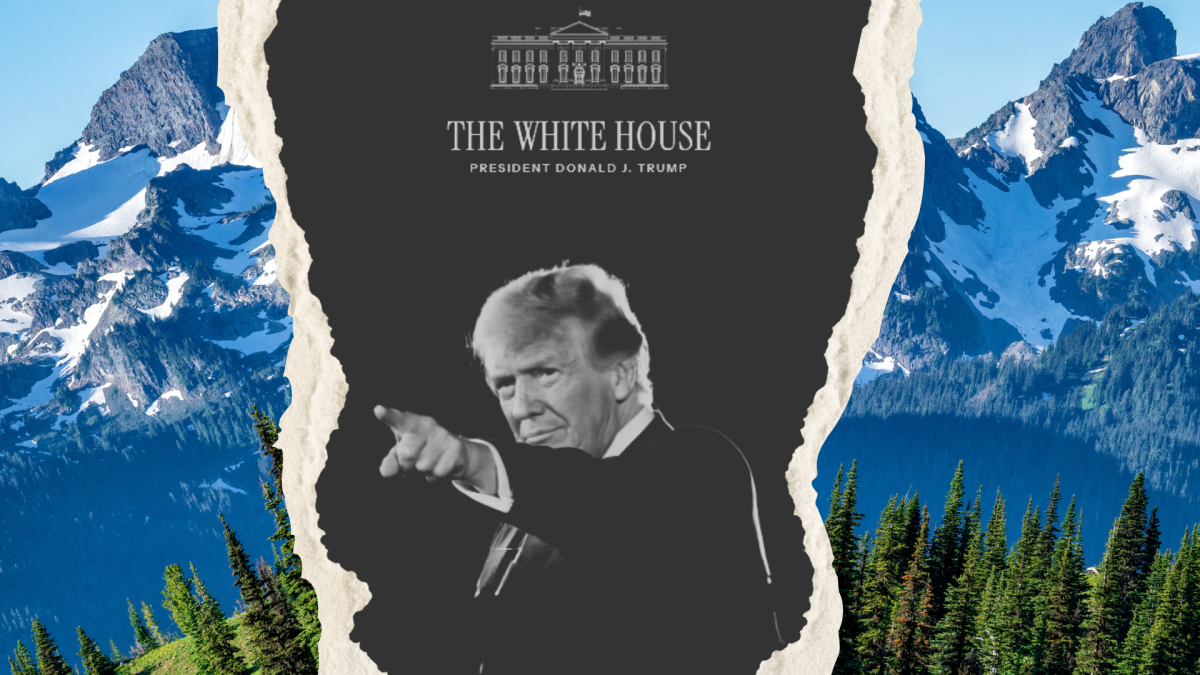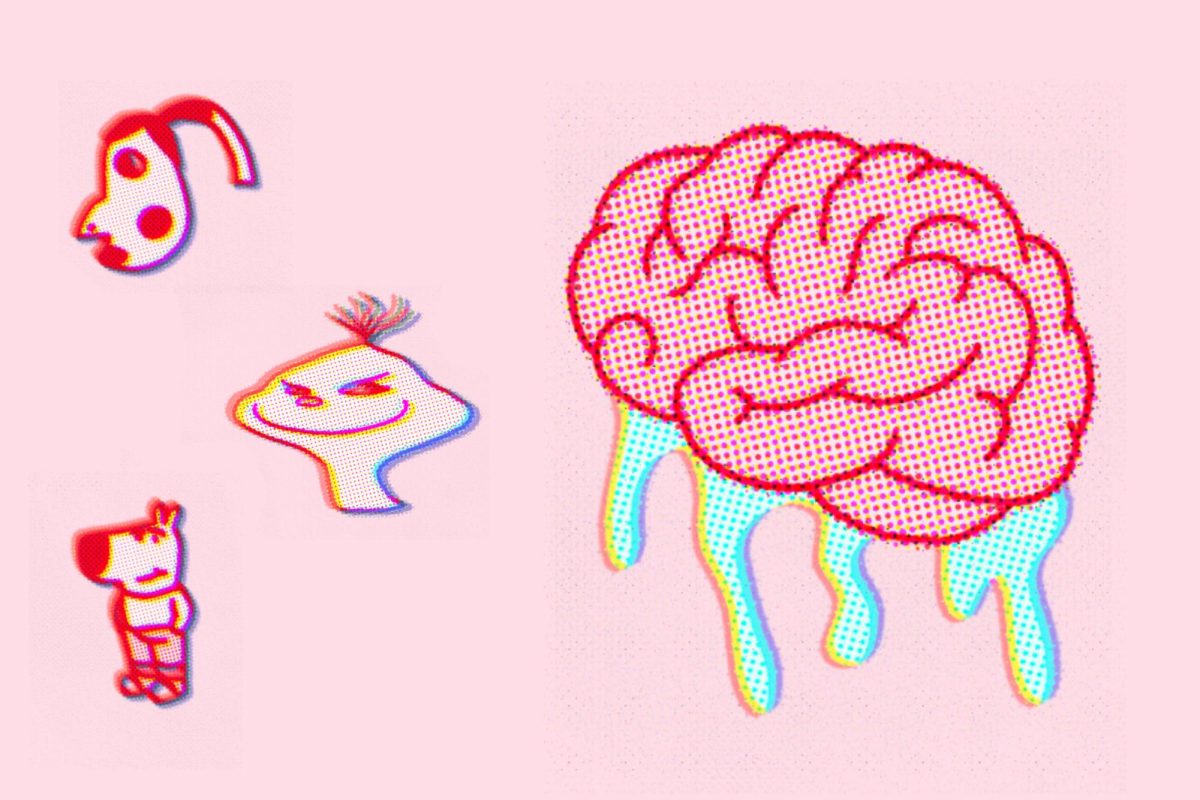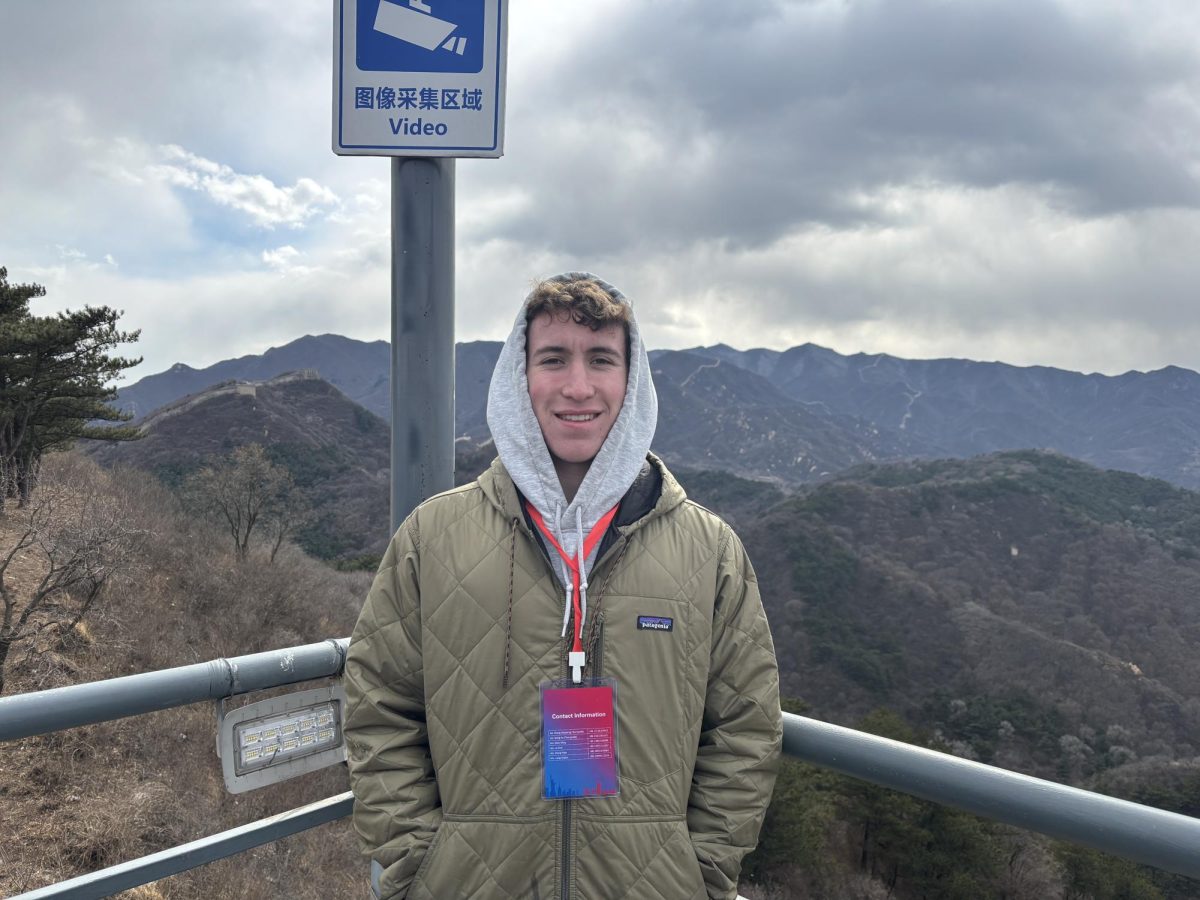Do you want to go shopping, but you can’t buy anything? What if I asked you if you would like to go window shopping? I bet your answer changed the second time around. This is a phenomenon called wording bias. Wording bias explains how the wording of a phrase can significantly influence a response. That’s why when it comes to fundamental scientific concepts taught in schools, information should be presented to students in the most clear and precise way possible.
However, committee members noticed a change in the finalized proposal during the Iowa Department of Education’s routine review of the state’s science standards. The committee is composed of science educators, community members, the state science director and other professionals within science industries in Iowa, but their expertise was disregarded by the state as they took the liberty of redefining core scientific vocabulary.
A state representative told the Des Moines Register that “‘the team serves in an advisory capacity to the department; it does not finalize the first proposed revised draft standards.’” After talking to teachers who want to remain anonymous, one teacher found this controversial because the caveat was not clarified to the public.
“The changes they proposed are not the same changes that were put out in the proposal to the community,” a teacher said. “Essentially, they took the standards that were proposed and then made the changes they wanted without telling anybody on the board. Those standards went out as if the people on that board had written them, and that is not the case.”
The proposed changes swap long-standing terms for new replacements, like trading “climate change” for “climate trends.”
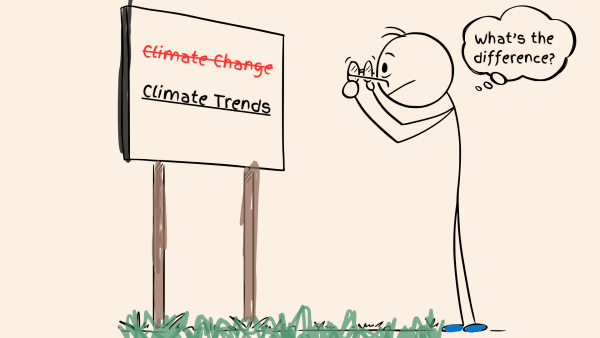
The United Nations defines climate change as the “long-term shifts in temperatures and weather patterns.” This definition is synonymous with the newly proposed definition: climate trends. So why would the state feel the need to switch out “climate change” for “climate trends?” The answer is wording bias. Climate change has evolved past the formerly mentioned simple definition. It now carries a more complex connotation in everyday language, as the term is often associated with human activities that are warming the planet.
“This new proposal [focuses] more on how nature is impacting itself, as opposed to thinking about how we impact nature,” a teacher said. “I’m wondering if that’s why they possibly made that change; they don’t want to insinuate that humans are changing the climate or have an impact on any change in [the] climate.”
Along with climate, evolutionary terms were targeted; the term “human evolution” was exchanged for “biological change over time.” In this case, however, evolution and biological change are not entirely interchangeable. All evolution is biological change over time, yet not all biological change is evolutionary. For example, a plant flowering across a season is technically a biological change over time, yet that action is not classified as an evolutionary change. This muddies the waters of what should be taught in biology classrooms.
“It does a disservice to our students to not introduce the word ‘evolution,’ [especially] if they go on to study science at a higher level [of] education, and they haven’t heard the word ‘evolution,’” a teacher said.
As state legislation hovers over science classrooms, many begin to wonder how these changes will be implemented in day-to-day lessons. Currently, these standards are expectations of Iowa educators — they are not obligated to follow them but are strongly encouraged to do so. However, some educators fear this will be the first snowball that will lead to an avalanche of policies resulting in a full ban on these critical topics.
“The concern becomes, ‘What comes next?’” a teacher said. “We’ve seen legislators introduce something, change standards, and then down the road, ban those topics. I think a lot of science teachers are wondering, ‘Is this the first step towards a ban of topics within Iowa science classrooms?’”
As this proposal goes under review, the Iowa Department of Education asked for public opinion through a survey that went out on Feb. 3. However, as the survey is no longer in service, I encourage parents, students and staff to advocate for science education, by calling the Department of Education, as this is a crucial aspect of K-12 education. Climate change and evolution are scientific concepts and should not be weaponized as political hot-button issues.


